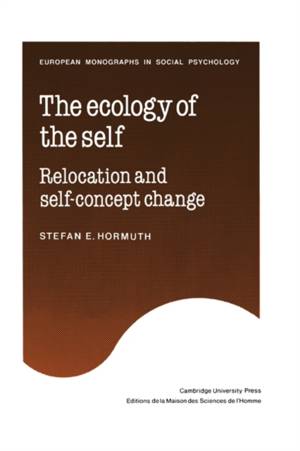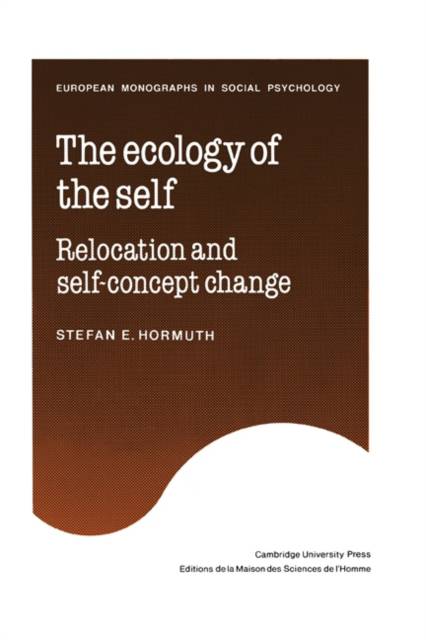
Je cadeautjes zeker op tijd in huis hebben voor de feestdagen? Kom langs in onze winkels en vind het perfecte geschenk!
- Afhalen na 1 uur in een winkel met voorraad
- Gratis thuislevering in België vanaf € 30
- Ruim aanbod met 7 miljoen producten
Je cadeautjes zeker op tijd in huis hebben voor de feestdagen? Kom langs in onze winkels en vind het perfecte geschenk!
- Afhalen na 1 uur in een winkel met voorraad
- Gratis thuislevering in België vanaf € 30
- Ruim aanbod met 7 miljoen producten
Zoeken
€ 64,95
+ 129 punten
Uitvoering
Omschrijving
This 1991 book addresses the question of stability and change in our concepts of ourselves. The self is described as part of an ecological system, seen as a conjunction of other people, environments and objects. These serve as the sources and settings, instruments and symbols of social experience. The external elements of the ecological system are reflected in self-related cognitions: so long as the ecology of the self is stable, the self-concept will likewise achieve stability. Self-concept change, therefore, can be studied from the point of view of change in the relationship between person and environment. Using a multi-method, multi-study approach, Stefan Hormuth takes relocation as his paradigm for assessing the meaning of the physical environment for the self-concept and everyday social behaviour. This book presents results from an original and important research programme which is innovative both theoretically and methodologically.
Specificaties
Betrokkenen
- Auteur(s):
- Uitgeverij:
Inhoud
- Aantal bladzijden:
- 238
- Taal:
- Engels
- Reeks:
Eigenschappen
- Productcode (EAN):
- 9780521154963
- Verschijningsdatum:
- 26/08/2010
- Uitvoering:
- Paperback
- Formaat:
- Trade paperback (VS)
- Afmetingen:
- 152 mm x 229 mm
- Gewicht:
- 353 g

Alleen bij Standaard Boekhandel
+ 129 punten op je klantenkaart van Standaard Boekhandel
Beoordelingen
We publiceren alleen reviews die voldoen aan de voorwaarden voor reviews. Bekijk onze voorwaarden voor reviews.









